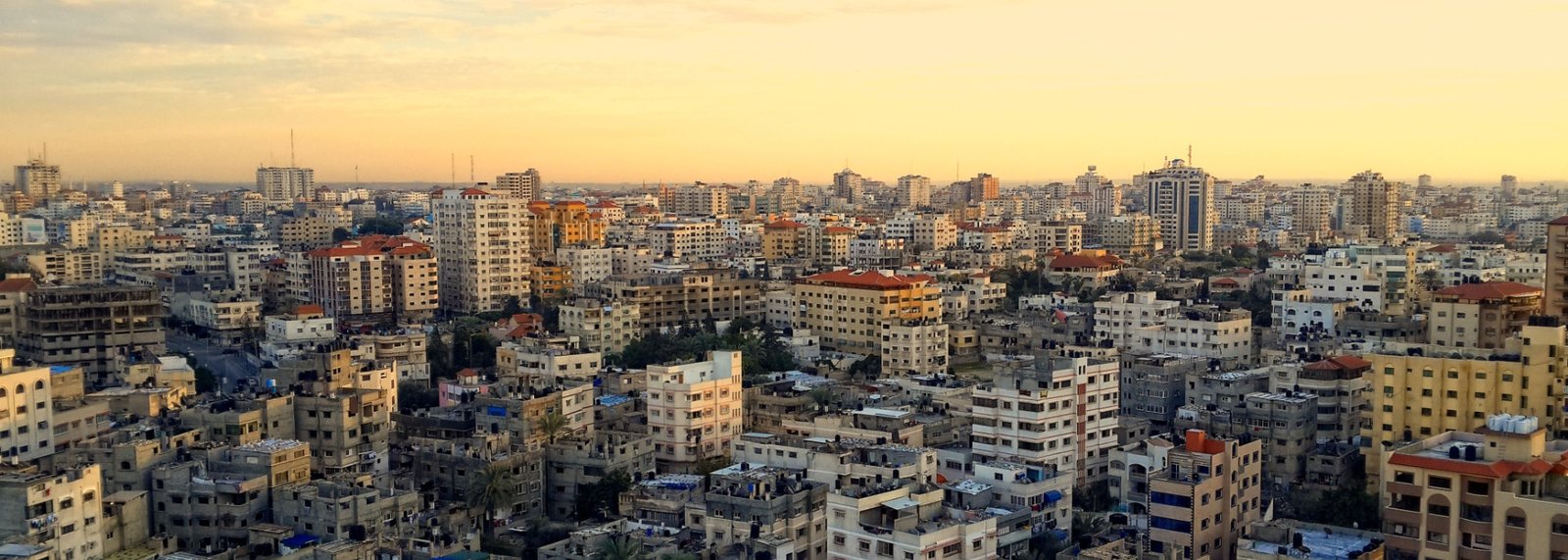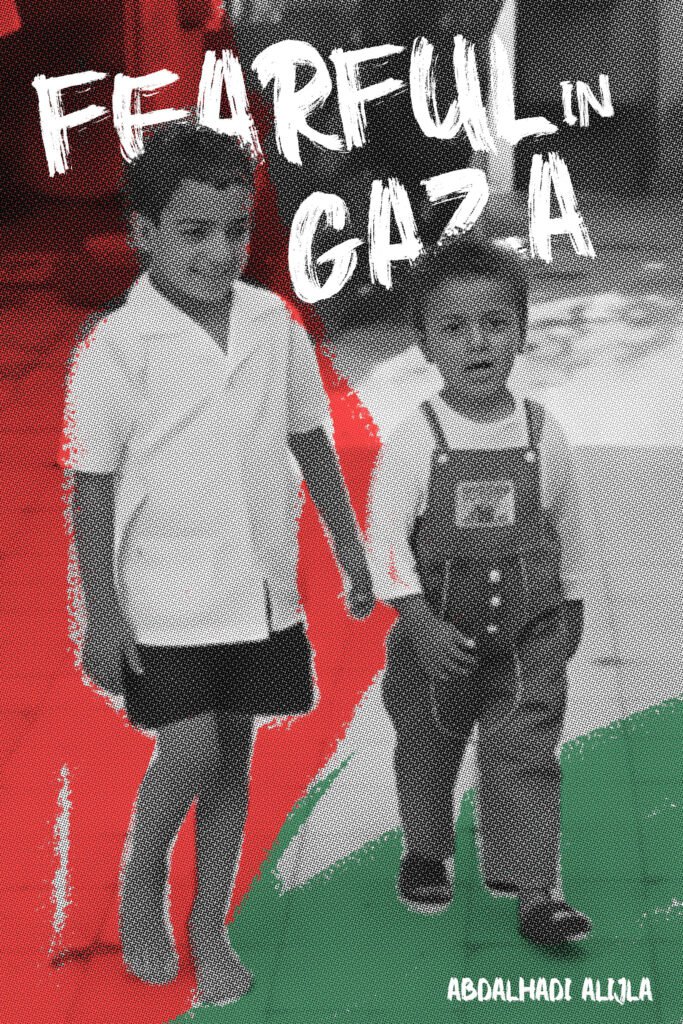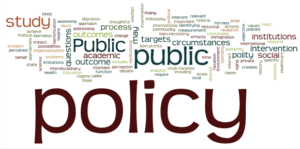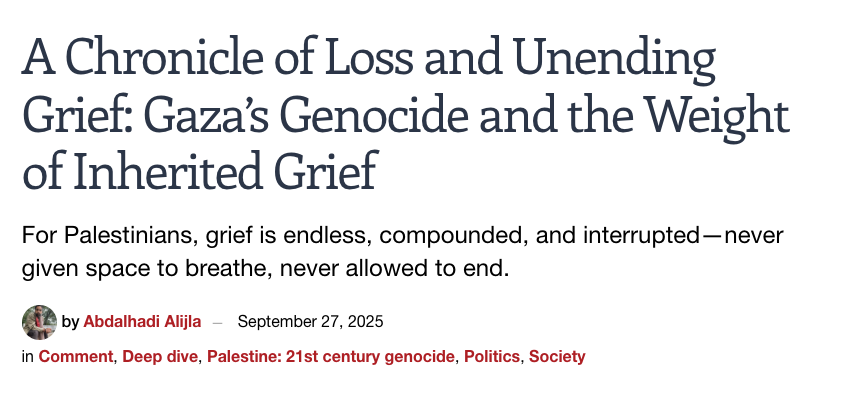
My name is Abdalhadi Alijla. I am a researcher, writer, speaker, and consultant specialised in social and political science. With a background in both quantitative and qualitative analysis, I bring a unique perspective to my work. Originally trained as an engineer, I transitioned into the field of political science to pursue my passion for understanding societal and political dynamics. My expertise extends beyond the Middle East and Palestine, although I frequently write, comment, and speak on issues concerning this region. I am committed to exploring diverse research topics and engaging in dialogue on a global scale. As a seasoned academic and trainer, I offer courses on researching the Middle East, dialogue facilitation, and science diplomacy. Additionally, I occasionally provide consultancy services that align with my expertise and experience.Please visit the ‘About‘ link above for more information about me. Explore the sections below to discover my latest work and interviews.Currently, I am actively engaged in two research projects:
Project 1: Gaza Human Capacity Building. This project addresses one of our time’s most pressing humanitarian challenges—the aftermath of conflict in Gaza. With a specific focus on educational institutions and academic human and knowledge building, we aim to shed light on the path towards reconstruction and resilience.
Project 2: Art and Politics
I delve into the intriguing relationship between art and politics, examining how both state and non-state actors have harnessed the power of art to achieve two crucial objectives: legitimacy and propaganda dissemination.
Project 3: Between Resilience and Fragmentation: Social Cohesion in Conflict Areas
The research project contributes to the literature on social cohesion in conflict settings, focusing on Ukraine. Most studies investigating social cohesion are done in post-conflict realms in specific geographical regions. This project intends to fill the research gap by utilizing a transdisciplinary approach and mixed methods to examine social cohesion amid conflict. Therefore, this project aims to answer the following questions: (i)How does the duration and intensity of conflict in Ukraine influence social cohesion? (ii) How do veterans reintegration influence social cohesion in times of conflict?










